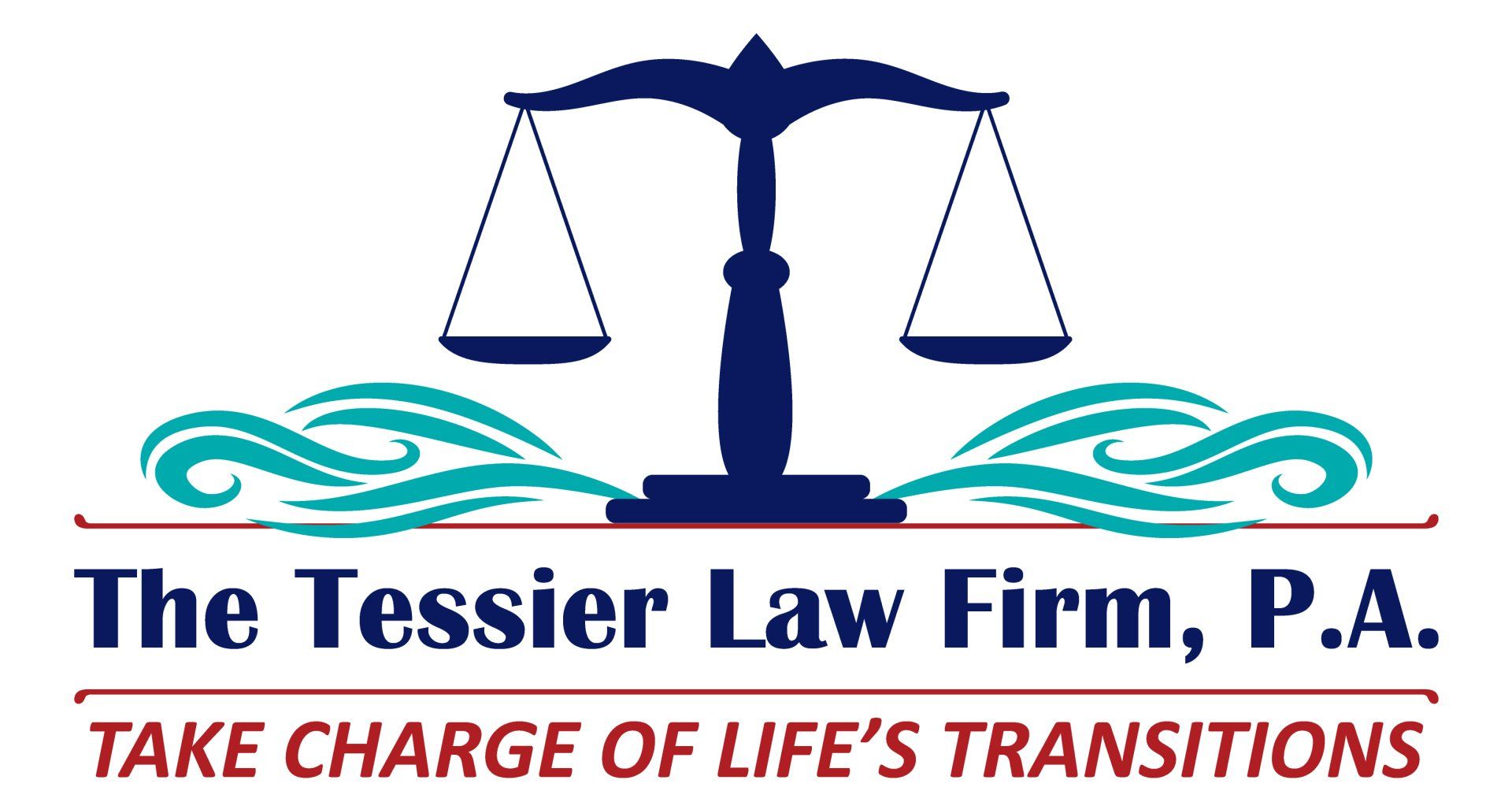We Help with LGBTQ+ Estate Planning
Estate planning is critical for everyone: single, married, straight, and LGBTQ+. However, for the LGBTQ+ community, estate planning provides protections to help guard against discrimination when people are reluctant to recognize your relationship, even if you are married.
History of Same-Sex Marriage
In U.S. v. Windsor, the U.S. Supreme Court made federal benefits available to spouses in same-sex marriages and cleared the way for same-sex marriage. In U.S. v. Windsor, the Supreme Court struck down a section of the Defense of Marriage Act (DOMA), a federal law defining marriage as only between a man and a woman. That section of the law denied federal recognition to same-sex couples validly married under state law. The purpose of the Court’s ruling was to ensure that all married couples within a state are treated equally under federal law.
Then in 2015, in a narrow victory, the Supreme Court ruled 5-4 in Obergefell v. Hodges that there is a fundamental constitutional right to marry, which includes same-sex couples. It also ruled that a same-sex marriage valid in one state must be recognized in all states.
While there is still a ways to go with the prevention of discrimination in other areas, such as employment, the LGBTQ+ community achieved a remarkable milestone: Marriage Equality.
Marriage By Any Other Name . . .
Some states and local jurisdictions offer domestic partnerships, civil unions, or similar methods of legal recognition for same-sex couples. These forms of relationships are offered in addition to marriage. The rights and responsibilities of domestic partnerships or civil unions vary substantially from jurisdiction to jurisdiction. For example, in some states such relationships other than marriage do not affect property rights between the parties, but in other states they do. One thing is clear, these non-marriage alternatives will not result in recognition of the relationship by the federal government.
Before committing to a marriage, domestic partnership or civil union, be sure to speak with a qualified estate planning attorney, who is familiar with the unique legal and personal needs of the LGBTQ+ community. That attorney can counsel you on the implications in your unique situation.
The Problems Estate Planning Solves for the LGBTQ+ Community
An LGBTQ+ couple can avoid numerous problems through proper estate planning:
- For a married same-sex couple, proper estate planning will ensure they get all the state and federal benefits of their marriage, while avoiding probate, maintaining their privacy and protecting their assets.
- For an unmarried same-sex couple, proper estate planning will ensure their partner will have legal rights to make health care decisions, protect their rights to inherit assets from each other while avoiding probate, and utilize planning strategies to avoid the burdens of extra taxation when possible.
- A Living Trust can nominate the spouse or partner as the trustee, i.e. manager of their spouse or partner’s affairs, if he or she becomes incapacitated through illness or accident.
- The Health Care Power of Attorney can avoid potential problems if a spouse or partner becomes incapacitated. It allows a spouse or partner to appoint their spouse, partner or someone they care about to make health care decisions on their behalf if they are incapacitated. This prevents potential problems where a spouse or partner may not be given access to his or her incapacitated spouse or partner.
- A proper estate plan will ensure your assets are distributed to whom you want, when and how you want.
- The Living Trust guarantees privacy, through avoidance of probate and its process of opening court records. This is beneficial for any same-sex couple who wishes for their relationship, assets, and disposition to remain confidential.
- An estate plan allows you to nominate the person you want to care for and raise any surviving minor children.
LGBTQ+ Resources
GLARP is a non-profit corporation dedicated to encourage LGBTQ+ individuals, partners and businesses to give their time, talent and money to enhance their aging experience through development of LGBTQ+ retirement communities and education on aging issues, which are particularly relevant to their group.
The Human Rights Campaign is America’s largest civil rights organization working to achieve gay, lesbian, bisexual, and transgender equality. By inspiring and engaging all Americans, HRC strives to end discrimination against LGBTQ+ citizens and realize a nation that achieves fundamental fairness and equality for all.
The Advocate is a US-based national gay and lesbian newsmagazine. It includes the GSK pride guide, forums, and links related to articles.
Florida Association of LGBT Lawyers & Allies, Inc. (“FALLA”) was founded in 2014 as a joint effort of LGBT attorneys throughout Florida to form a state-wide organization to augment the efforts of various regional LGBT voluntary bar associations. FALLA provides continuing legal education seminars and presentations as well as social events to help foster and enhance the practice and study of law for LGBT lawyers, law students, judges, paralegals, and legal support services providers, and to stimulate friendships, referral relationships, and professional development for our members and allies in the community.
Resource
LGBTQ+ Estate Planning FAQs
For current Estate and Gift tax figures, click here.
Coming Soon.
For more information, or to schedule a consultation, call us at 863-220-7927.

